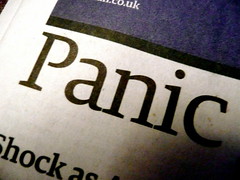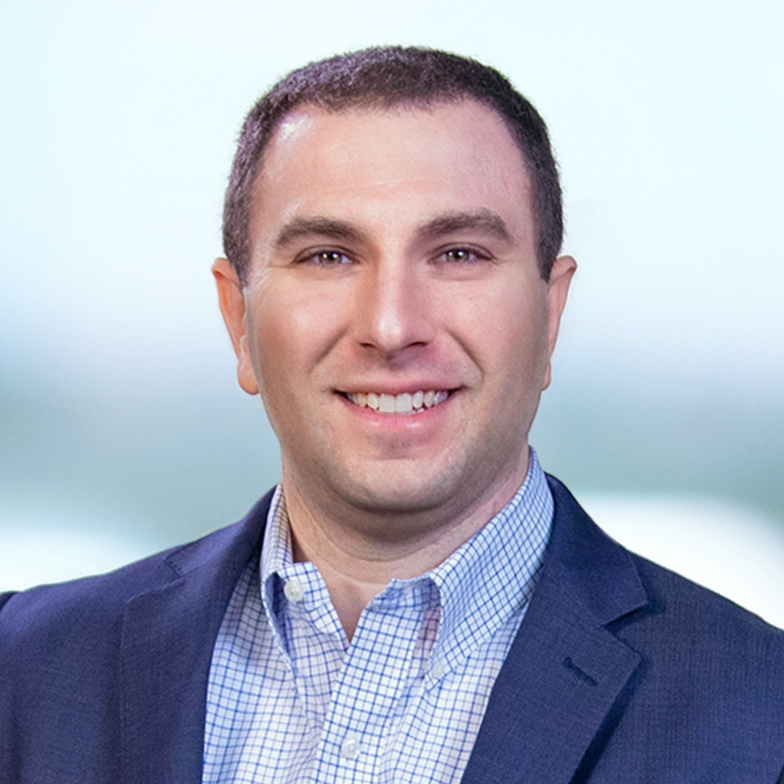A couple weeks ago I found out I was accepted to the George Washington University School of Engineering and Applied Science PhD program in Crisis, Emergency, and Risk Management.
This is an amazing opportunity I am grateful for, but realize there are some drawbacks as well. Rather than contemplate these decisions by myself, my close contacts and my PhD advisor (who I believe will be awesome and supportive of my pursuits), I thought I would ask my fellow followers to add their thoughts, opinions, and experiences to help inform our decision (this is joint decision with my girlfriend). Below are my top pros/cons:
Intellectual Curiosity
 The biggest thing driving me to pursue a PhD is the intellectual curiosity I have, especially with so many unique and amazing things taking place in the industry. Social media has taken the industry by storm and technology is changing the way disasters are managed. As a result, there are so many unanswered questions, especially empirically. Patrick Meier and others are already doing great work in this area, especially with big data and analytics. They are pushing the bounds of what is possible and I look forward to addressing the challenges of implementing these cutting edge solutions.
The biggest thing driving me to pursue a PhD is the intellectual curiosity I have, especially with so many unique and amazing things taking place in the industry. Social media has taken the industry by storm and technology is changing the way disasters are managed. As a result, there are so many unanswered questions, especially empirically. Patrick Meier and others are already doing great work in this area, especially with big data and analytics. They are pushing the bounds of what is possible and I look forward to addressing the challenges of implementing these cutting edge solutions.
The chief questions I have are: How is social media and technology transforming the way we operate? What is the best way to organize and respond given these enabling tools? Essentially, I want to help define how we as emergency managers, communities, citizens, organizations, governments, etc. respond well in a "Networked Age." It is no longer sufficient to attack problems uni-dimensionally; we must attack them holistically, empirically, and multi-dimensionally in order to thrive in this increasing complex world. Ultimately, I hope to look at the issues from an organizational design perspective.
This is an exciting time and I think the time is now to go for it, except....
Financial Concerns

I am thankful that I will be receiving free tuition and a stipend in exchange for my half-time work conducting research. However, this stipend is small and forces me to work on a tight budget. In addition, I have not earned any significant income for the past two years while pursuing my MPA from NYU Wagner and have incurred significant student loan debt. I am feeling a bit drained at this point and am not looking forward to additional years scraping by and incurring additional interest on my loans (payments can be deferred).
While I have some consulting opportunities in the hopper to help supplement my income, they are not consistent and there is no guarantee that they will be there throughout my tenure. Also, and very importantly, given that I am in a serious relationship, I want to be secure in providing for the many future milestones that are sure to come.
Post-Graduate
If you have ever met me, you'll know that one of my strongest attributes is the ability to network. While I am confident I will get to know many of the right people over the course of the next few years, I am still at a loss as to what to do after receiving the degree. Obtaining a PhD certainly prepares me for teaching, researching and consulting, but I am unsure of what path might be best for me. Additionally, each has its pros and cons (thoughts?). While rejoining the workforce as a practitioner is also a possibility, I may be over-qualified for many of the positions.
I also realize there are so many good things going on that I am like a kid in a candy store not knowing where to begin. I can't do it all (not enough time in a day), so where do I draw the line? In some ways, I am trying to have faith that it will all work out. In other ways, I am trying to be strategic about it. For all I know, my future job may not have been thought of yet!
The Big Move

My story in a nutshell...I grew up in the NYC suburbs, spent a total of five years in Denver, CO for undergraduate and working in EMS, then moved to Arlington, VA for three years where I was a Disaster Management consultant, then back to NYC for the past two years to pursue my MPA at NYU Wagner. I have done some moving in my time and feel comfortable with it.
But this time is different. I have someone else in the picture and this is a big decision for both of us. She has built a life here in NYC and moving, while exciting in some ways, is not so exciting in others. For one, there is the question of her finding a job in the DC metro area as an elementary school teacher. This is a big issue. We are exploring all the avenues, but if we miss the cycle for hiring this year, it will be very difficult to find a job during the year. Additionally, she is leaving tenure and a prestigious elementary school to move. Will she be able to find something comparable and secure in the DC area?
Parting Thoughts
Decision time is coming soon. It is a tough decision and I would love your thoughts...
Do I go do a PhD, or continue working as a practitioner or consultant? What are the pros and cons of either from your perspective?

 The biggest thing driving me to pursue a PhD is the intellectual curiosity I have, especially with so many unique and amazing things taking place in the industry. Social media has taken the industry by storm and technology is changing the way disasters are managed. As a result, there are so many unanswered questions, especially empirically.
The biggest thing driving me to pursue a PhD is the intellectual curiosity I have, especially with so many unique and amazing things taking place in the industry. Social media has taken the industry by storm and technology is changing the way disasters are managed. As a result, there are so many unanswered questions, especially empirically. 

